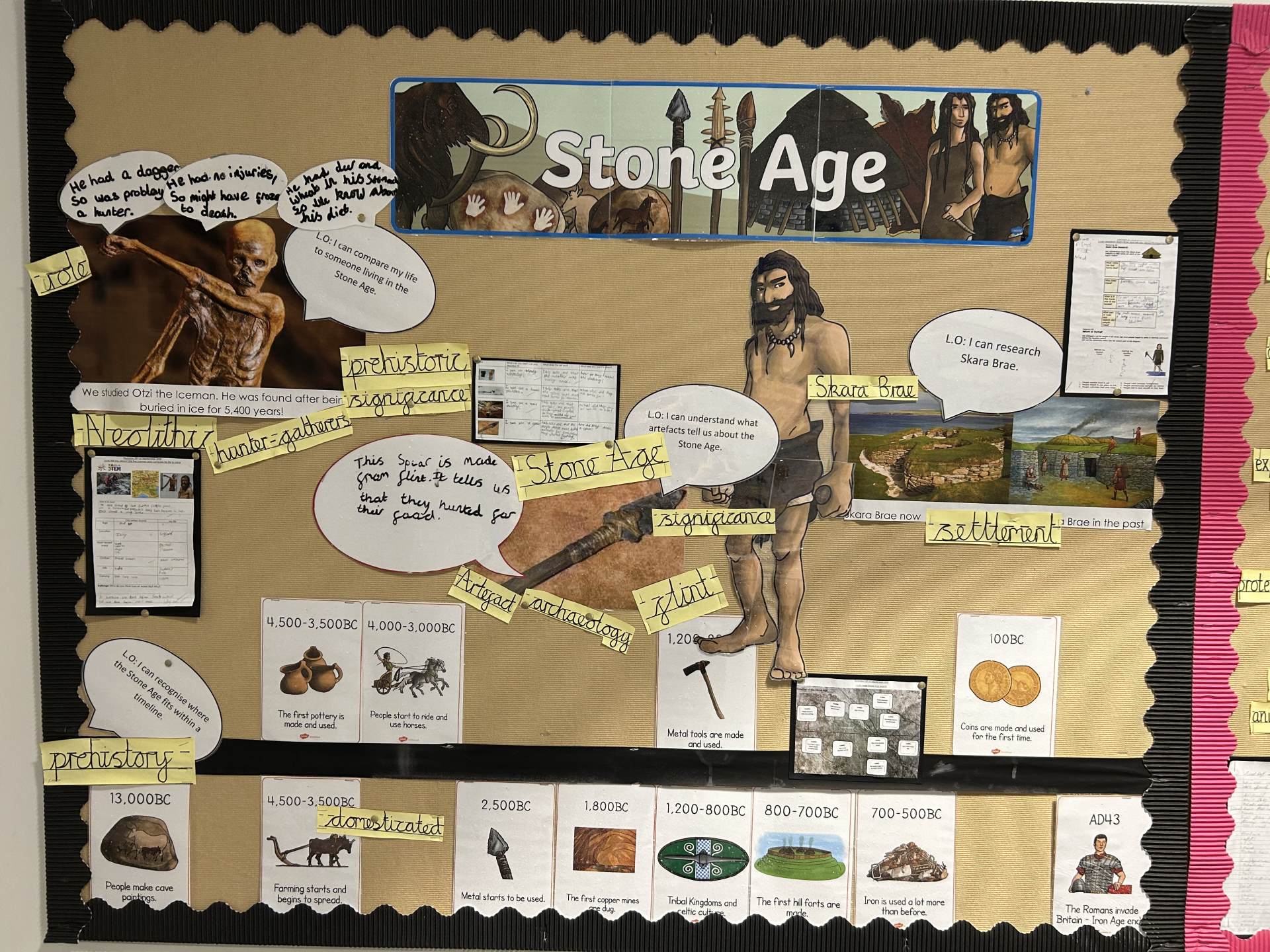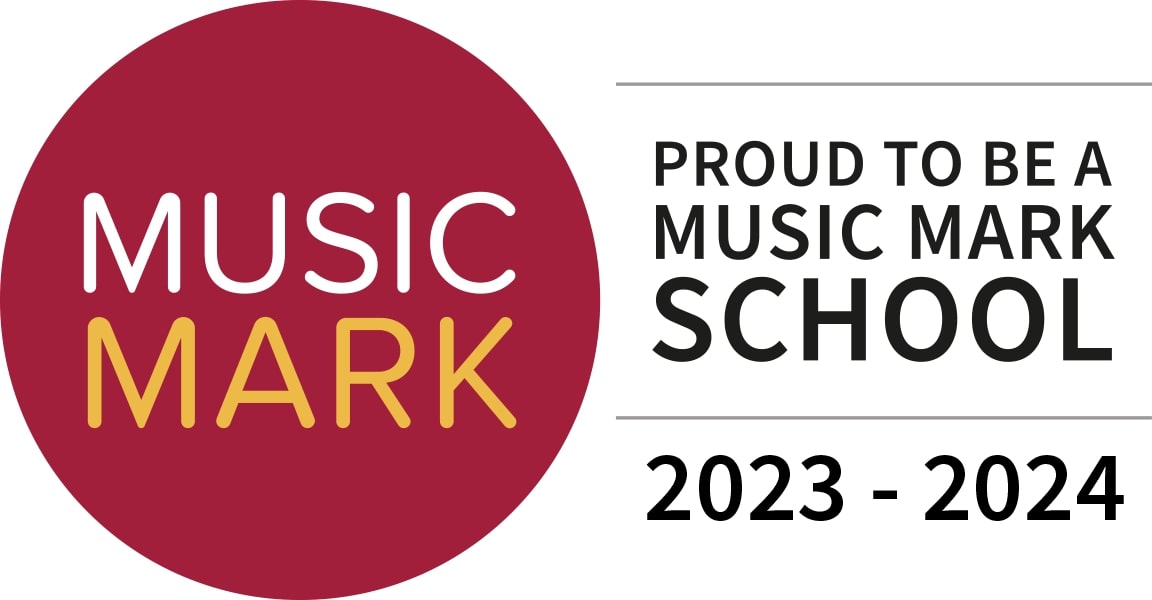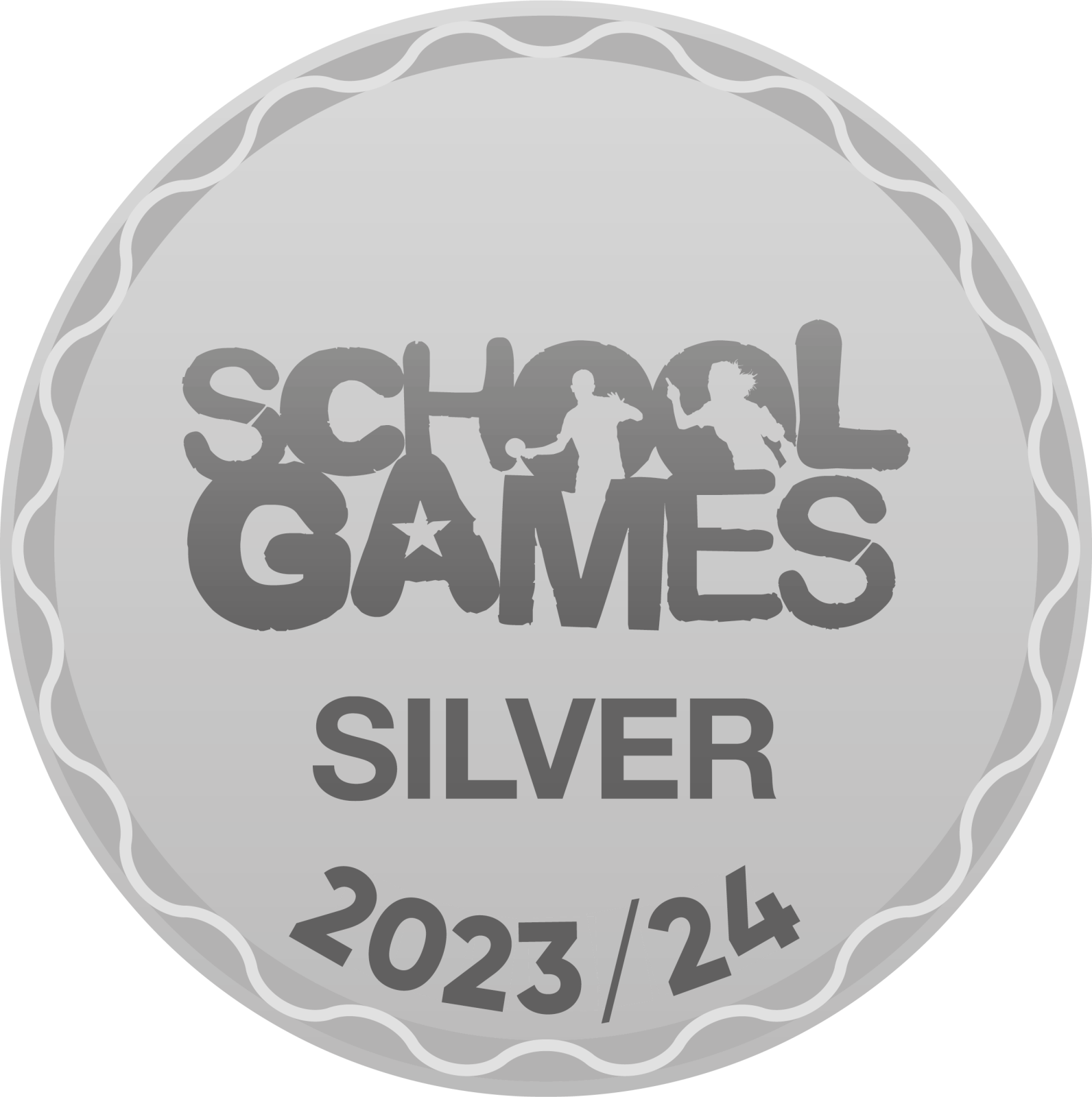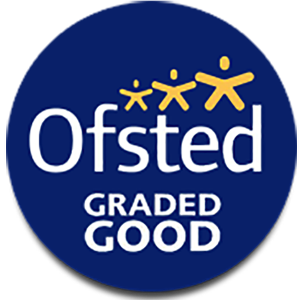History

Intent
At Brambles Primary Academy, we intend to deliver to our children a curriculum which is accessible to all, maximising the outcomes for every individual so that they learn more, remember more and understand more. As a result of this, our children will:
-
Increase and develop their historical knowledge, skills and concepts.
-
Increase their understanding of the past in order to help them understand the present.
-
Develop and use a multitude of subject-related skills, such as historical enquiry, analysis, evaluation and argument.
-
Develop a sense of their own identity and cultures, as well as the identities and cultures of others. This will, in turn, provide the children with an increased amount of acceptance for the wider world.
-
Be provided with memorable enrichment opportunities, fuelling their passion for history and igniting a curiosity to continue to learn more about the past.
-
Develop their historical vocabulary.
-
Develop an understanding of chronology and where events fit onto a timeline.
History will be taught on a topic-based approach with consideration given to chronology, age appropriate topics and the local community in which we serve. The teaching of history at Brambles will ensure that there is a clear progression of skills and knowledge, ensuring that previous knowledge is embedded and built upon throughout their journey through school, allowing children to build up a timeline of events.
Please find below a document that outlines the coverage of Historical teaching, alongside the knowledge and skills that will be developed.
History National Curriculum Coverage Document
Through the study of history, we allow children to appreciate how people in the past have changed the societies in which they lived, our society today and how it will continue to change in the future. It is vital that all children are engaged and immersed in their history learning, in order to develop their understanding of the world around them.
In KS1, we begin our journey by focusing on our understanding of chronology. This enables children to build on knowledge beyond their living memory. Pupils become more familiar with terminology which extends into the past and moves them beyond and into the future.
In KS2, we continue to build on our wider understanding of chronology and make links and connections to key themes including as rivalry and weaponry. Children develop a greater understanding towards the order of history and reasoning behind why certain events take place. They consider key periods of time that have happened before and can reflect upon the impact this has had on the wider world today.
Throughout the teaching of history, through our topic approach, we aim to inspire pupils' curiosity to learn and understand about the past. We enable pupils to think critically, ask questions, use artefacts and historical information to develop understanding, perspective and judgement.

These are the historical topics that are covered throughout pupil's time at Brambles Primary Academy
Implementation| Year | Autumn Term 1 | Autumn Term 2 | Spring Term 1 | Spring Term 2 | Summer Term 1 | Summer Term 2 |
| 1 | My Family History | Great Inventions | The Seaside in the Past | |||
| 2 | Our Local Heroes | Great fire of London | Mary Seacole and Florence Nightingale | |||
| 3 | The Stone Age | The Bronze and Iron Age | Down the Pit | |||
| 4 | Egyptians | Roman Britain | Anglo Saxons: Crime and Punishment | |||
| 5 | The Vikings | Industrial Changes Over Time | The Mayan Civilisation | |||
| 6 | Ancient Greeks | The Impact of War | COVID-19 |
History at Brambles will be implemented in numerous ways throughout school. Some of these include:
-
Topic displays in every classroom, including the subject specific vocabulary taught and definitions for these where required. These will be revisited often to ensure understanding.
-
Prior knowledge quizzes undertaken at the beginning of every new topic. This is to ensure the knowledge taught previously is embedded.
-
Post knowledge quizzes undertaken at the end of every topic. This is to ensure that the new learning has successfully made its way to the long-term memory of our children.
-
Use of artefacts to promote children’s curiosity and allow them to explore.
-
Use of sources and understanding of the differences between primary and secondary sources.
-
Outdoor learning where appropriate.
-
Cross-curricular opportunities are explored where possible. English, maths, science,
ICT, art and geography are all taught discretely but often revisited during history lessons.
-
Cultural capital through the planning of trips, in-school workshops and community involvement to provide first-hand experiences to our children to support and develop their learning.

Impact
As pupils progress through school, they will develop their Historical knowledge and skills under 3 headings. These are
- Chronological Understanding
- Knowledge and Interpretation
- Historical Enquiry
At the start of each new topic, pupils will demonstrate their prior knowledge in their
books, this will enable teachers to ensure they have the firm foundations to build upon. Children will be encouraged to reflect on the knowledge learnt throughout the topic and then their understanding will be visible in books at the end. Key vocabulary and prompts will be displayed in and out of the classroom environment, enabling children to absorb and reflect continuously, supporting long term knowledge development.
As a result of the above, children will:
-
Know more, remember more and understand more about history.
-
Have a passion for learning about their past and the past of others.
-
Have more acceptance for other cultures, societies and countries.
-
Understand, and confidently use, the key skills of chronology, knowledge and interpretation and enquiry skills.
-
Develop their own communication skills and be able to use resources provided to construct their own opinions on events from the past.
-
Be able to take life lessons away from history to influence their opinions, thoughts and decisions in the future.
Personal Development
Children are encouraged throughout our History lessons to understand the fundamental British values of democracy, individual liberty, the rule of law and mutual respect and tolerance. This is explored throughout our Crime and Punishment topic, where children explore why we have rules and laws and make connections to the impact of this in present day. The depth of our History curriculum enables pupils to gain a sense of enjoyment and fascination in learning about themselves, others and the world around them also they are able to understand and appreciate the wide range of cultural influences that have shaped their own heritage and that of others.
History Throughout School
Within our History lessons, children are given the opportunity to immerse themselves within the studied time period. The use of artefacts and theme days (inside and outside of the classroom) allow our children to be exposed to engaging, inspiring and memorable sessions which highlights the enjoyment of history and support knowledge retention.
Our learning environments show a progression of key knowledge and key skills, which are developed throughout the topic. Each working wall shows evidence of children's prior learning and the knowledge learnt within the unit, which is paired with children's work and vocabulary, to show progression over the half term.
In Early Years, History is also promoted through the use of curiosity boxes, which enables children to be curious learners who ask inspiring questions around objects and artefacts. As well as this, they also focus on key theme days including Remembrance Day and Black History Month.
History Knowledge, Skills and Understanding Progression Document
Historical Links to use at home
KS1
https://www.bbc.co.uk/bitesize/subjects/zkqmhyc
KS2
https://www.bbc.co.uk/bitesize/subjects/zcw76sg
General Links
https://www.history.org.uk/primary/categories/119/resource/3620
The website of the Historical Association which host links to sites based on topic



